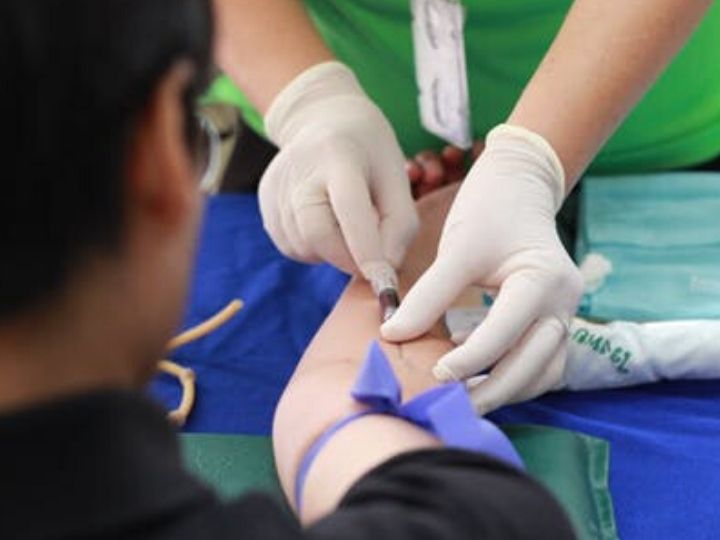

Health care workers, in larger numbers, are at risk of contracting the very illnesses
they are working to treat. As COVID-19 spreads around the world, nurses have a front
row view to the pandemic and the threat to health care providers.
“The threat is real,” said Kathryn Tart, professor and founding dean of the University
of Houston College of Nursing. “Health care providers have always been in the fray
of bacterial and viral infectious diseases. We saw this with HIV/AIDS, Ebola, SARS
and H1N1.”
Tart says infectious disease and infectious disease control are woven into every nursing
curriculum, from learning how to wear personal protective equipment (PPE) to participating
with community health departments to simulate disaster responses.
“Students are evaluated on infectious disease control through tests/exams and appropriate
application of infectious disease control measures in simulation and in practice,”
Tart said. “Nurses care for patients in the community and provide public health. As
students learn, they will learn in real time as they prepare to become the nurses
of the future.”
Students with the college have participated in simulation of disaster responses with
the Fort Bend County on disaster management response. These exercises simulate disseminating
information or medication that may be needed in response to a disaster.
“As our health care providers work to treat COVID-19, our students have relinquished
their clinical sites for the semester, primarily to keep the health care providers
and patients safe, and to reserve all available PPE for the providers,” Tart said.
“Our online simulation will help our students meet course and clinical objectives.”
Health care providers use the personal protective equipment based on the mode of transmission. COVID-19
is spread through respiratory droplets produced when an infected person coughs or
sneezes, which is why nurses and other health care providers use eye shields, masks,
gloves and gowns.
At home, health care providers may make an extra effort to quarantine themselves away
from their families. “They may be living in different areas of the home, like the
garage,” said Tart. “It is difficult to make decisions about caring for others and
caring for one’s family.”
Ultimately, Tart said, nurses need to take care of themselves physically and emotionally.
They need good nutrition, rest/sleep and mental rest.
"Each of us need to extend patience and grace to oneself, our family and friends,
and the health care workers on the front lines. Stay home. It is the smart and loving
thing to do for our community and our health care providers," said Tart.
“Encouraging and thanking a nurse, physician, therapist, housekeeper, chief executive
officer of a health care facility goes a long way,” she said.